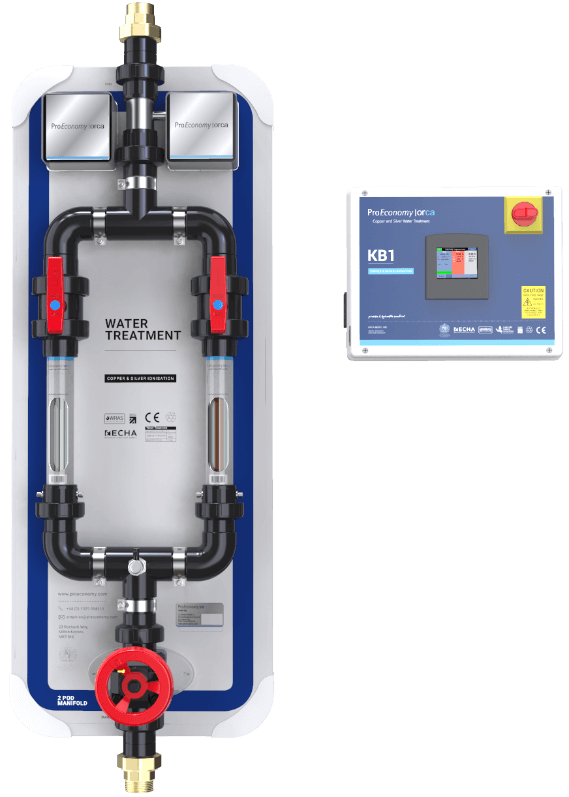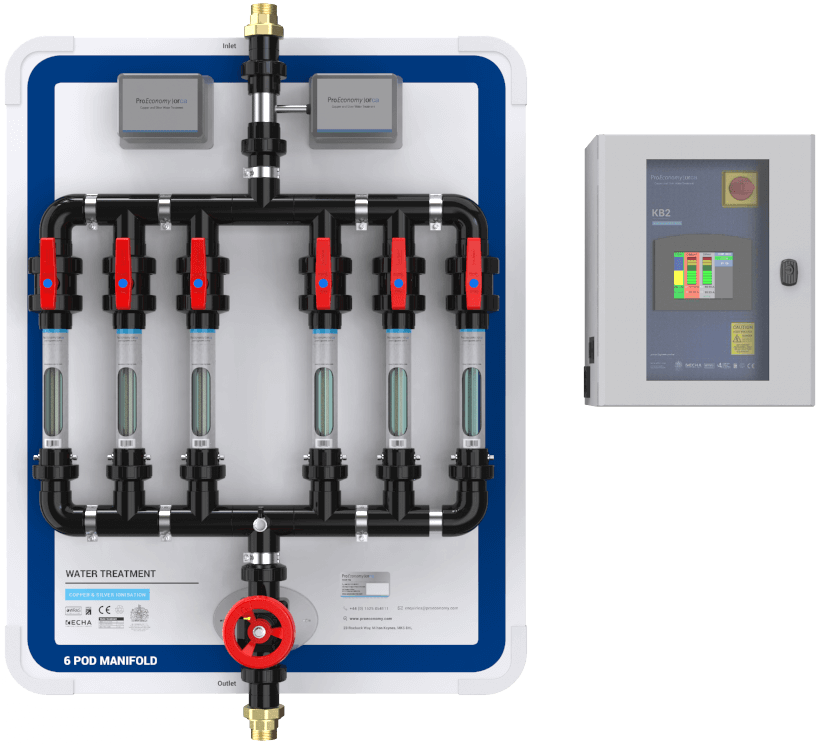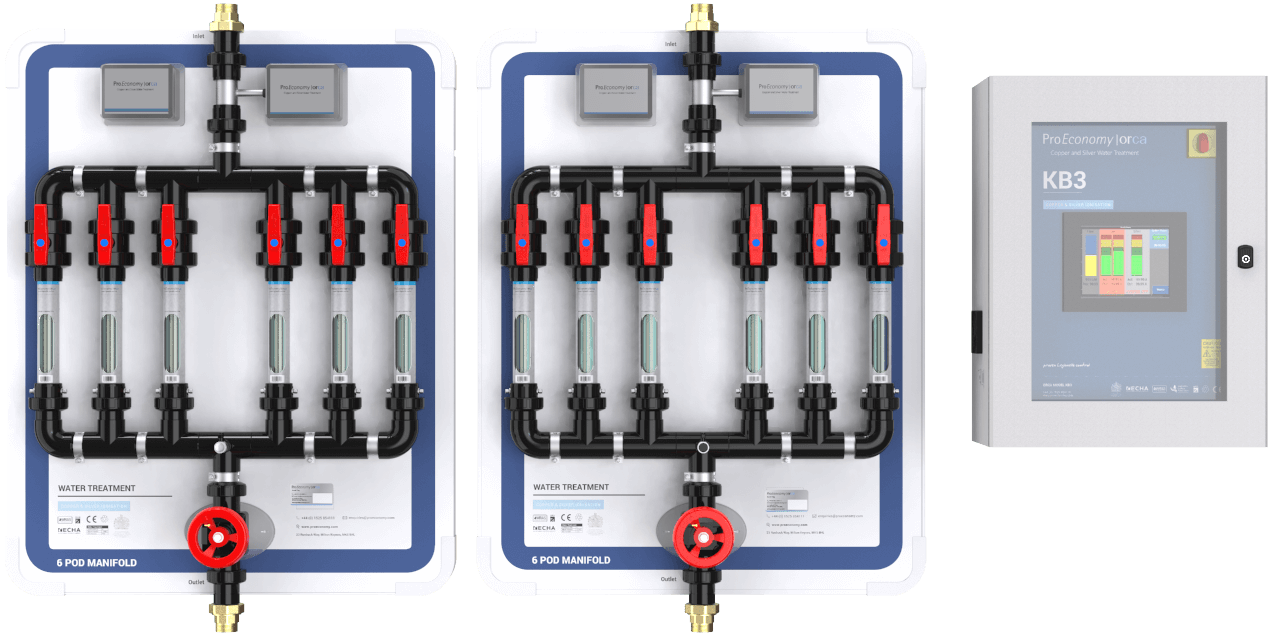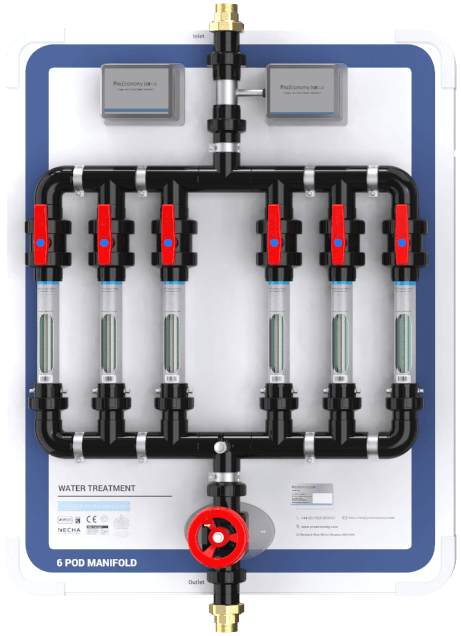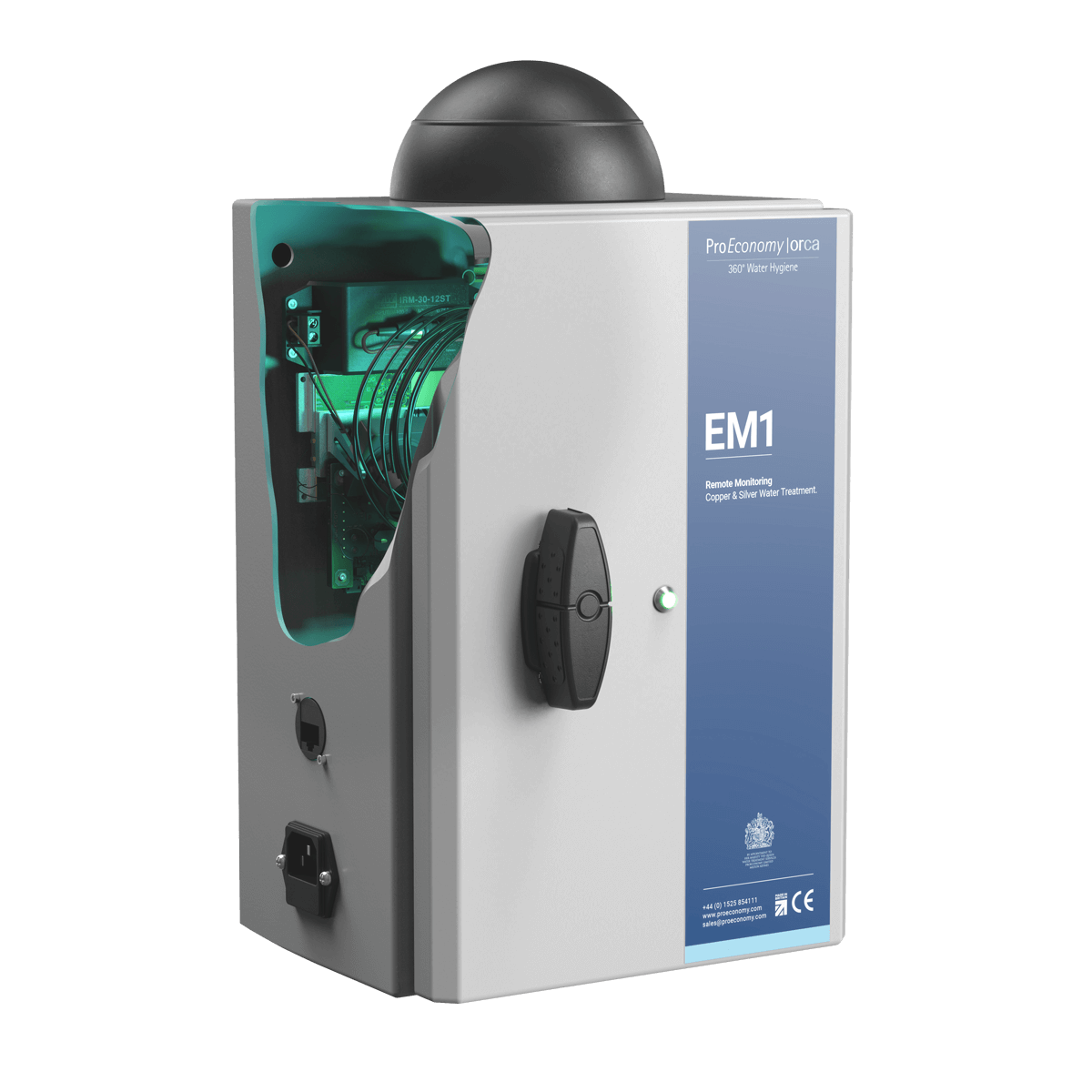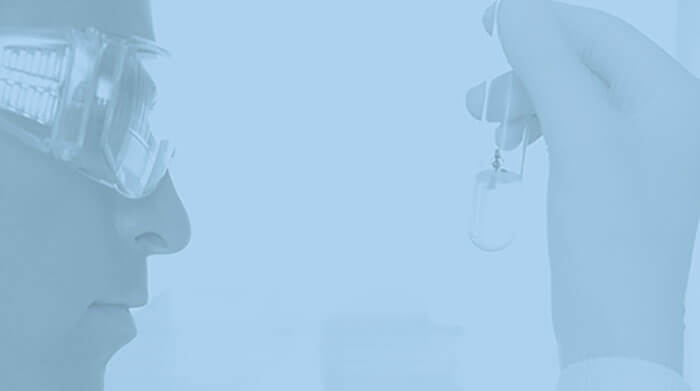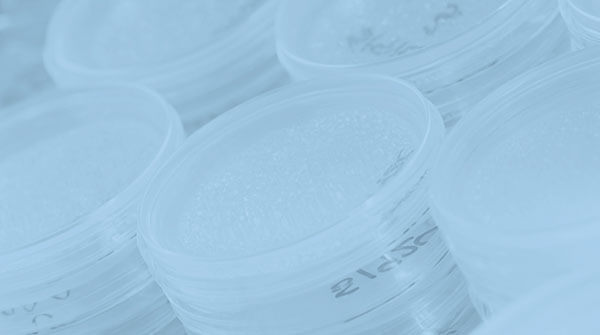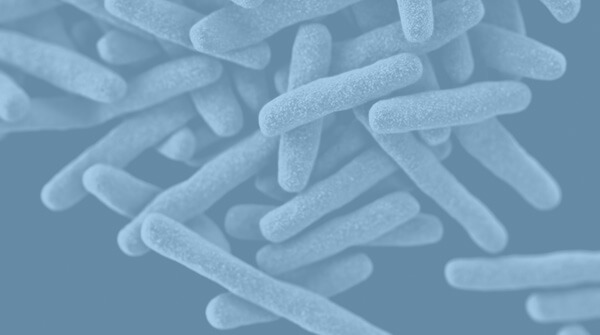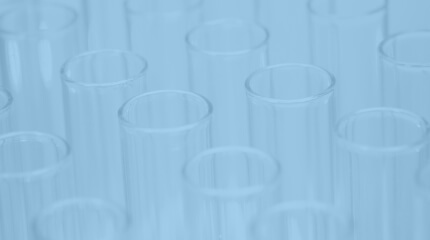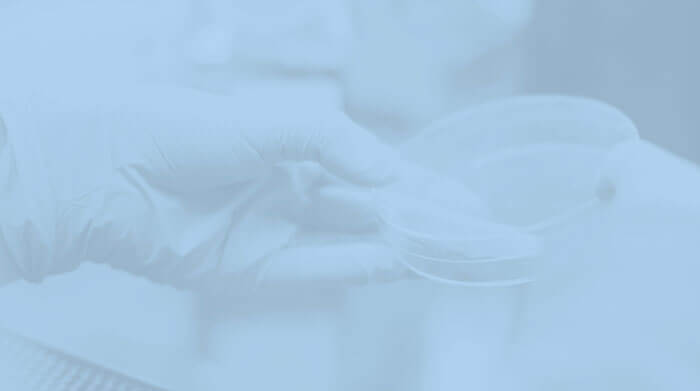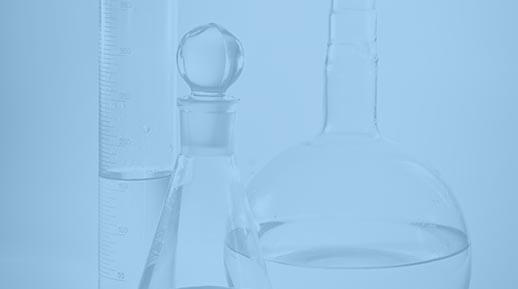Norovirus is the leading cause of non-bacterial gastroenteritis in all age groups worldwide (Greig & Lee 2012). The virus can be introduced into a hospital setting by infected new admissions, visitors, healthcare workers or food sources. This may become a problem because hospitals’ communities comprise many immune-compromised individuals that are more susceptible to infectious disease. Norovirus also causes mortality in elderly people in nursing homes where it is the most common cause of gastroenteritis outbreaks in comparison with other pathogens (Petrignani et al. 2015). Infections continue to occur globally because the virus genome easily mutates resulting in antigenic shift and recombination (Glass et al. 2009).
Can Copper and Silver Ionisation Kill Norovirus?
From time to time clients and potential clients ask ProEconomy can copper and silver ionisation kill Norovirus and other similar viruses. It can, as supported by various studies and literature (Armstrong et al. 2017). These authors’ study characterized inactivation kinetics of bacteriophage MS2 as a surrogate for enteric viruses by dissolved ionic copper in water. Reduction of MS2 increased with increasing doses of copper. At 0.3 mg/L, there was a 1.8-log10 reduction of MS2 within 6 h. At 1 and 3 mg/L, 2–2.5 log10 inactivation could be achieved between 6 and 24 h.
However, to satisfy our customers further, ProEconomy Ltd teamed up with one of the UK’s most reputable universities, University College London (UCL), to address this question using our Orca copper and silver ionisation (CSI) system.
This report is based on results from the study carried out in 2017-18 by MSc students from UCL.
